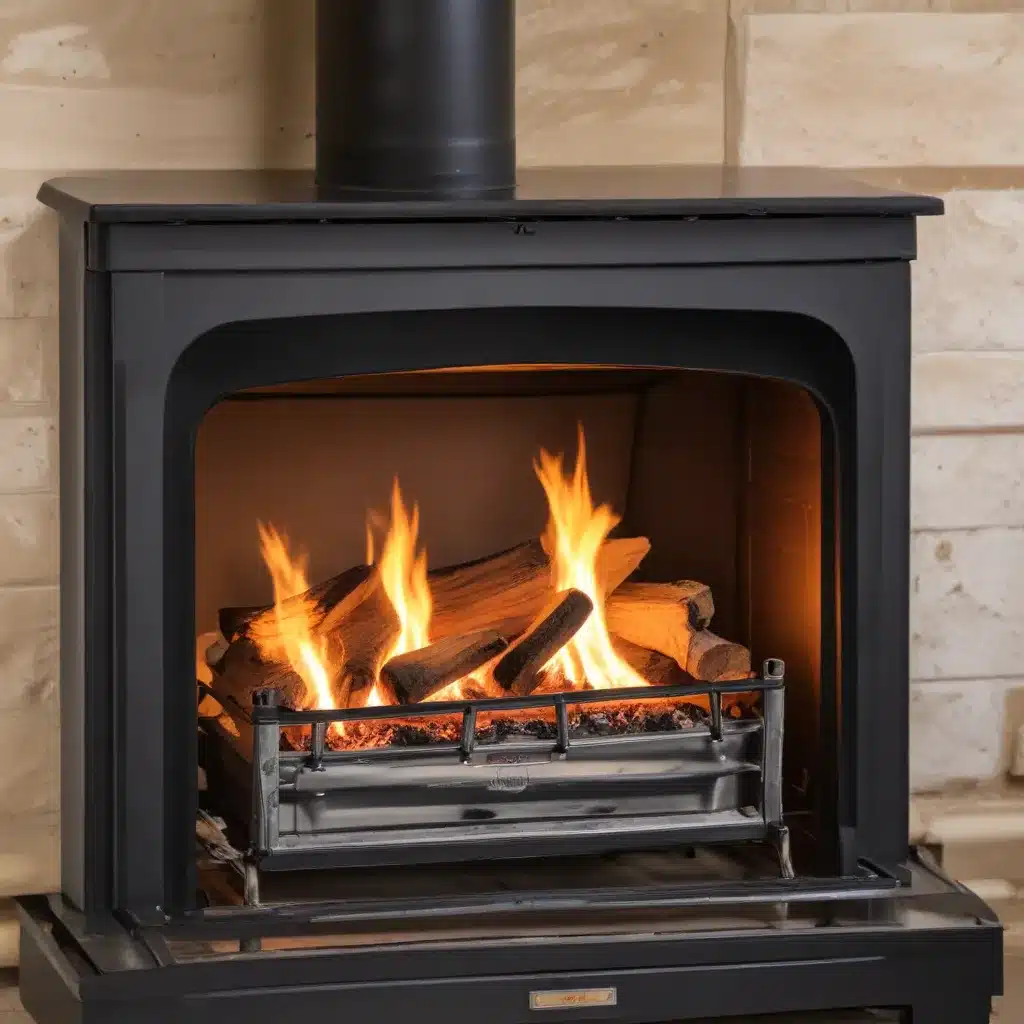
The Importance of Stove Certification
As a seasoned expert in the world of wood stoves and heating solutions, I understand the critical role that stove certification plays in ensuring the energy efficiency and safety of home heating systems. In this comprehensive article, we’ll delve into the intricacies of stove certification, exploring how it impacts your home’s energy efficiency, sustainability, and overall heating performance.
Understanding Stove Certification
Stove certification is a rigorous process that evaluates the design, construction, and emissions of wood-burning appliances to ensure they meet strict environmental and safety standards. These standards are set by governing bodies, such as the Environmental Protection Agency (EPA) and the Underwriters Laboratories (UL), and are regularly updated to keep pace with evolving technology and environmental regulations.
The certification process involves thorough testing and inspection of the stove’s construction, materials, and emissions levels. Certified stoves are designed to burn wood more efficiently, reducing air pollution and maximizing heat output. This certification not only benefits the environment but also translates to significant cost savings for homeowners through improved energy efficiency.
The Impact of Certified Stoves on Energy Efficiency
One of the primary advantages of using a certified wood stove is its enhanced energy efficiency. Certified stoves are engineered to extract more heat from the wood they burn, resulting in a higher heat output per unit of fuel consumed. This improved efficiency means you’ll need to burn less wood to achieve the same level of heating, leading to lower fuel costs and reduced environmental impact.
Moreover, certified stoves often feature advanced air-flow control systems, insulation, and combustion chambers that optimize the burning process. These design elements ensure that the heat generated is effectively distributed throughout your living space, minimizing energy waste and maximizing the stove’s heating capabilities.
Sustainable Heating with Certified Stoves
In addition to improved energy efficiency, certified wood stoves play a crucial role in promoting sustainable heating practices. By burning wood more cleanly and efficiently, these stoves significantly reduce harmful emissions, such as particulate matter and carbon monoxide, that can negatively impact indoor and outdoor air quality.
The EPA and other regulatory bodies have established strict emission limits for certified stoves, ensuring that homeowners can enjoy the benefits of wood-burning heat while minimizing their environmental footprint. This alignment with sustainability goals is particularly important as homeowners seek to adopt more eco-friendly heating solutions.
Maintaining Optimal Performance with Certified Stoves
Proper maintenance is essential to ensure that your certified wood stove continues to operate at peak efficiency and safety. Regular inspections, cleaning, and minor adjustments can help extend the lifespan of your stove and maintain its certification compliance.
It’s important to follow the manufacturer’s recommended maintenance procedures, which may include tasks such as:
- Cleaning the chimney and flue to prevent buildup of creosote and ensure proper airflow
- Replacing worn or damaged gaskets to maintain an airtight seal
- Adjusting air intake controls to optimize the combustion process
- Inspecting the stove’s structural integrity and repairing any cracks or damage
By diligently maintaining your certified wood stove, you can enjoy reliable, energy-efficient, and environmentally responsible heating for years to come.
Navigating the Landscape of Heating Solutions
In the quest for optimal home energy efficiency, wood stoves are not the only heating solution worth considering. The landscape of heating technologies is constantly evolving, and homeowners have a variety of options to choose from, each with its own advantages and considerations.
Exploring Alternative Heating Technologies
While wood stoves remain a popular and practical choice for many homeowners, alternative heating systems, such as heat pumps, geothermal systems, and high-efficiency furnaces, are also gaining traction in the market. These technologies often boast impressive energy efficiency ratings and can be seamlessly integrated into modern home designs.
When evaluating different heating options, it’s essential to consider factors such as upfront costs, operating expenses, installation requirements, and the unique climate and energy needs of your home. Consulting with a trusted HVAC professional can help you make an informed decision that aligns with your heating priorities and budget.
Integrating Renewable Energy Sources
The growing emphasis on sustainable living has led to increased interest in integrating renewable energy sources, such as solar and wind power, into home heating systems. By combining certified wood stoves or other high-efficiency heating technologies with renewable energy generation, homeowners can further enhance their energy savings and reduce their carbon footprint.
Initiatives like https://woodstoveheaters.com/ provide valuable resources and guidance on exploring the intersection of renewable energy and efficient home heating, empowering homeowners to make informed decisions that prioritize both cost-effectiveness and environmental responsibility.
Conclusion: Embracing the Future of Efficient Home Heating
As we navigate the ever-evolving landscape of home heating solutions, the importance of stove certification cannot be overstated. Certified wood stoves, with their enhanced energy efficiency, sustainable design, and safety features, offer homeowners a practical and eco-friendly heating option that can significantly impact their energy costs and environmental impact.
By understanding the nuances of stove certification and exploring the broader spectrum of heating technologies, homeowners can make informed decisions that align with their heating needs, budget, and sustainability goals. By embracing the future of efficient home heating, we can collectively contribute to a more energy-conscious and environmentally responsible society.
Remember, the key to maximizing the benefits of your certified wood stove lies in proper maintenance and a commitment to sustainable heating practices. With the right knowledge and resources, you can unlock the full potential of your wood-burning appliance and enjoy the warmth and comfort of a well-heated home for years to come.



